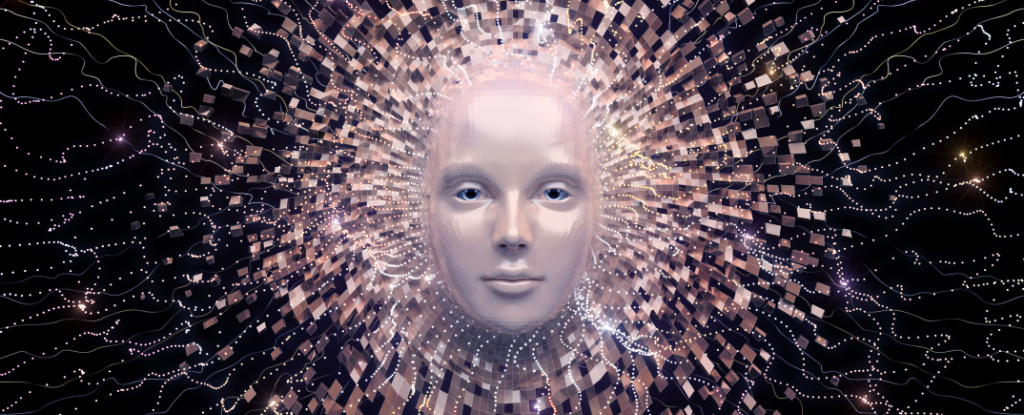CultureCitizen
Well-Known Member
- Joined
- Feb 14, 2023
- Messages
- 124
This is a list of the risks I perceive we currently have, with the current level of Artificial intelligence. Feel free to add more risks and discuss them.
Current risks:
Information - the proliferation of fake news backed with images and voice.
Education - Students may feel inclined to let AI do the homework. Students may feel discouraged to take some careers where AI is highly involved.
Fraud - Frauds powered by AI: voice impersonation can facilitate identity theft.
Jobs - Replacement of some white collar jobs: graphical design, call centers, music composers, translators.
Financial instability - Financial Asset speculation powered by AI may increase
Military - AI-powered drones and drone swarms and combined arms will give an advantage to any army using AI to support military operations.
Current risks:
Information - the proliferation of fake news backed with images and voice.
Education - Students may feel inclined to let AI do the homework. Students may feel discouraged to take some careers where AI is highly involved.
Fraud - Frauds powered by AI: voice impersonation can facilitate identity theft.
Jobs - Replacement of some white collar jobs: graphical design, call centers, music composers, translators.
Financial instability - Financial Asset speculation powered by AI may increase
Military - AI-powered drones and drone swarms and combined arms will give an advantage to any army using AI to support military operations.


